CARE FOR PEOPLE AT THE END OF LIFE
The information on this page is also available here as a downloadable PDF. It shares best practice guidance from NICE, the Faculty of Intensive Care Medicine (FICM) and British Geriatrics Society (BGS) and includes hyperlinks and a Resources Section with links to materials to assist the reader in expanding their insight with respect to the below content. The word ‘family’ is taken to refer to anyone close to the patient, whether related or not.
End of Life Care: COVID-19
NICE issued national guidance (NICE NG31) for care of the dying patient in 2015. In September 2019, FICM issued ICM specific guidance and recently the BGS issued guidance on end-of-life care with a focus on the impact of Clinical Frailty. The FICM documents contain information for patients, families and the public. This includes parallel discussions about balancing the benefits and burdens of prolonged hospital treatments. The main aims of good end-of-life care are:
To enable a dying patient to have a good death
Support family through bereavement and grief
Safely support and protect staff from moral distress and burn-out
It is important to remember two key principles:
Life has philosophical as well as physiological components and a good death can provide the final part of a complete and fulfilling life. Focus on what is realistic and associated with the least burden of treatment.
Care and treatment are not necessarily interchangeable i.e. the continuation of inappropriate or burdensome treatments may constitute substandard care
Main Considerations
This guidance supports visiting in the last week of life, if locally permissible, recognising that we often identify dying patients too late to enable visits from their family. As a result, family visiting (observing safe practice) should be considered when patients are sick enough to die in the next week.
COVID-19 patients are often isolated from their families, some of whom may also be infected. General advice on visiting has been provided by NHS England. There are also links to specific NHS Trusts and advice from the Welsh, Northern Irish and Scottish Governments.
This separation and associated uncertainty increases the risk of long-term grieving and failure to find closure. We must be aware of this and provide appropriate support. Empathic communications are essential. ‘Little things matter’ to patients and families. Chelsea and Westminster Hospitals NHS Foundation Trust have developed an infographic to guide staff through such processes.
Comfort, care and control of symptoms are paramount. Opioids and benzodiazepines can be particularly helpful for the relief of breathlessness associated with COVID pneumonitis. They can also be helpful in supporting patients to tolerate NIV.
Meeting spiritual and religious beliefs.
Support for staff: clinical and non-clinical.
Microbiology and mortuary advice when handling a COVID-19 infected body.
The Northern Cancer Alliance and Association of Palliative Medicine has guidance on End of Life and Bereavement Care in Secondary Care.
Withholding or Withdrawing Treatments
Consider withholding or withdrawing any treatments where the burden outweighs the benefits. Specific guidance exists with respect to withdrawal and withholding artificial nutrition and hydration. Examples to note:
Does provision of treatment cause pain, discomfort or distress? E.g. pain from repeated cannulation for IV fluids; having a swollen arm from extravasation of fluid.
Does insertion of feeding/ hydration devices cause pain and discomfort?
It is essential that all decisions are based on fairness and equity. This is currently summed up in Articles 2, 3, 8 and 14 of the Human Rights Act 1998

